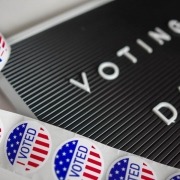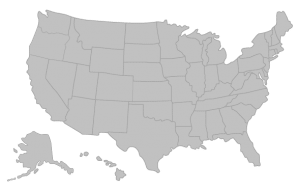Why Translation Choices Matter In Politics
Language is a very delicate thing in politics, but it becomes even more sensitive—and dangerous—when the language being exchanged is between two nations that don’t share the same language or culture. We saw some consequences of that late last year when then President Elect Donald Trump broke with decades of careful deference to China’s “One China” policy and took a phone call from the President of Taiwan.
The reaction across the world has been one of alarm since this gesture effectively rejects the American government’s previous policy of not risking the anger of China by recognizing the legitimacy of the Taiwanese leader. China itself still views Taiwan as a rogue province that is not an independent nation. After that controversial telephone conversation, the President Elect responded by saying that it was simply a congratulatory phone call. However, what most interested people was the reaction of China itself, which has three implications for the future of Chinese/American relations.
Trick Or Not
The official Chinese response to the America/Taiwan phone call was to refer to the act of Taiwan’s President, Tsai Ing-Wen, as xiao dong zuo. At its most basic, the literal translation of this phrase is “petty action.” The general government response to the action was measured and considered, and the official reply, rather than provoking a politician who hadn’t even taken office yet, was aimed “sideways” at the other leader. However, where things become interesting is in the way the phrase “xiao dong zuo” can be translated. The official Chinese news agency, Xinhua, in its English language issue, chose to render the phrase as “little trick,” which, in Chinese, implies a dishonest or stealthy action.
Pettiness Potential
On the other hand, Chinese broadcasters, such as CCTV, and newspapers such as China Daily, when it came time to translate the phrase, took a different tact. They went with the more literal “petty action” to describe the phrase in English, which carries a different tone in its usage. This is less severe and critical in its context and, from a political perspective, actually carries a less “aggressive” tone.
Future Relationships
This puts the administration of the American government in an interesting position, depending on which choice of translation they decide to take as their interpretation. The issue of Taiwan, and its struggle for independence from China has always been a “rough patch” in global politics that few want to tackle, especially considering the role China has played for many countries as the “factory to the world.” To displease China is to displease the region of the world that provides the low-cost manufacturing that allows consumers all over the globe to buy many products at lower prices.
This just illustrates how subtle differences can have big ramifications in the political arena. The careful choice of words has always been a critical element of politics. Throw in the need for language translation into the equation and things become even more complicated. Contact us today and let us help you avoid the problems that ignoring subtlety and nuance can create in important translation work.



















Leave a Reply
Want to join the discussion?Feel free to contribute!